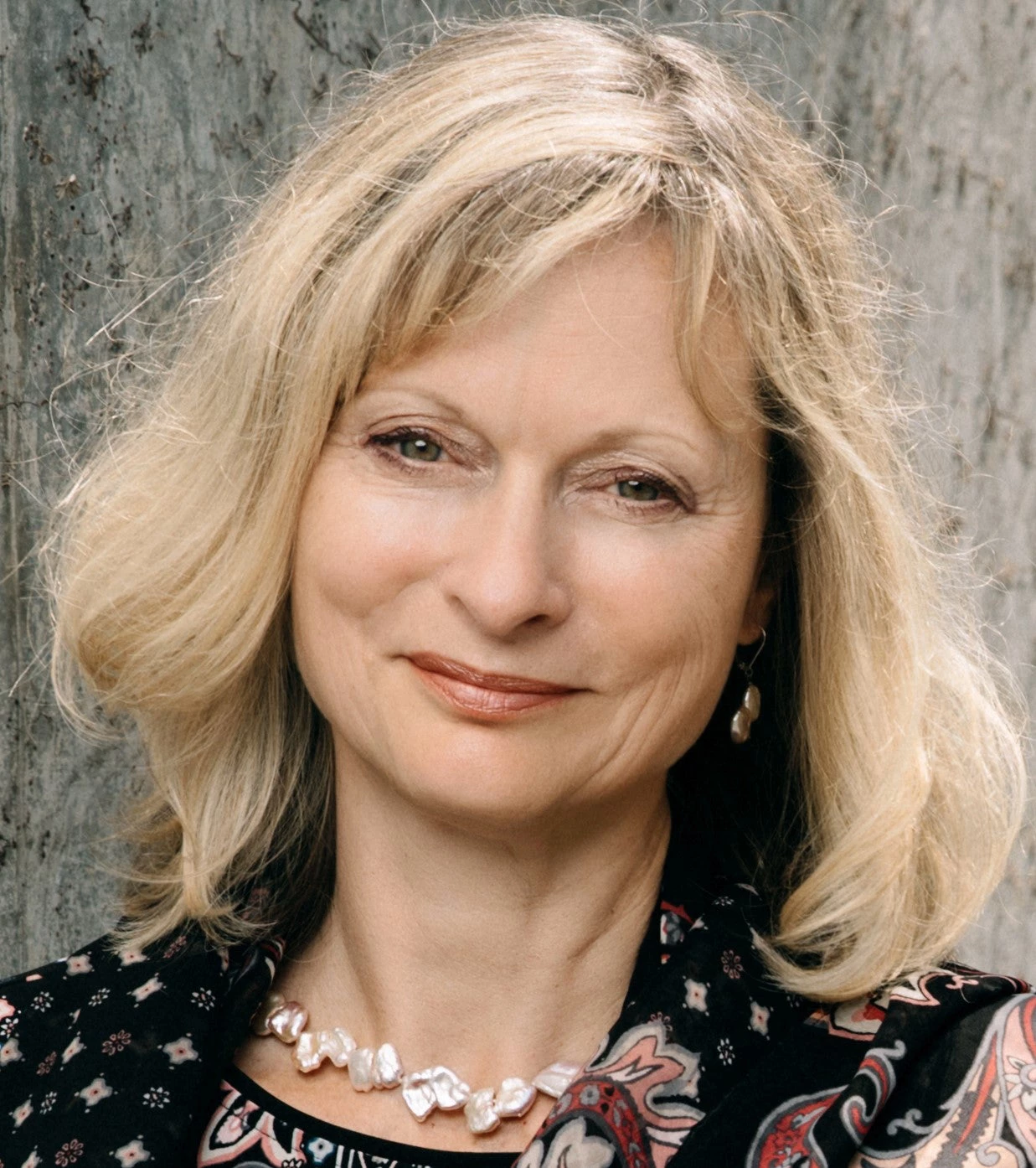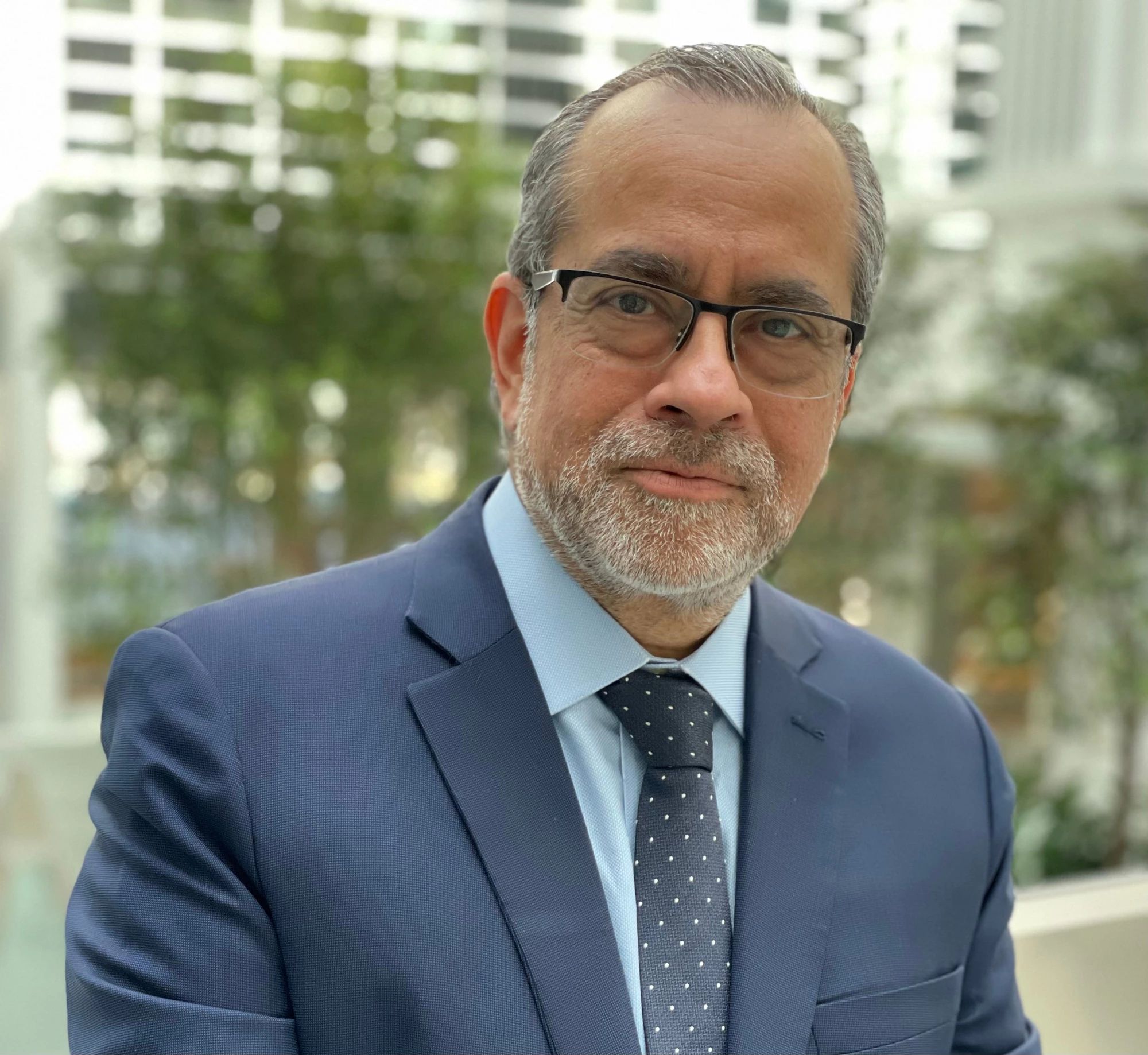 Girls at Filimule Primary School in Katavi, Tanzania, use the washroom, recently built with support from the Sustainable Rural Water Supply and Sanitation Program (SRWSSP).
Girls at Filimule Primary School in Katavi, Tanzania, use the washroom, recently built with support from the Sustainable Rural Water Supply and Sanitation Program (SRWSSP).
Imagine a world where every girl and woman can manage her periods with dignity and without hindering her education, health, sense of self-esteem, social mobility, and economic opportunities.
Inadequate sanitary facilities affect girls’ experiences at school, with many missing classes when menstruating—or even dropping out of the education system altogether. A study in Kenya found that 95% of menstruating girls miss one to three school days each cycle, and more than half say they fall behind as a result. Those who drop out are left with limited employment opportunities and diminished income prospects. At the same time, the lack of access to safe sanitary materials raises the risk of infections, which can cause other health complications.
It is increasingly clear that a holistic approach is needed to improve menstrual health and hygiene, whereby stakeholders coordinate interventions with the overall goal of ending period stigma, providing menstrual hygiene education, expanding access to affordable and safe menstrual products, and ensuring the appropriate and functioning sanitary infrastructure in schools, workplaces, and public places. But efforts to overcome these challenges are not just about menstruation – they are about levelling the playing field for gender and socioeconomic progress.
While challenges remain, Kenya stands out with its comprehensive policies and regulations related to menstrual health and hygiene. The East African nation was one of the first to scrap the value-added tax on sanitary pads, and is working to ensure ubiquitous access to information, menstrual products, services and facilities, and the ability to dispose of menstrual waste safely. Their experience on the combination of policies and programs in this complex process, is providing valuable lessons to others.
The World Bank Group acknowledges that menstrual health and hygiene is central to the achievement of its development outcomes and is committed to ending period poverty. In recent years, the World Bank has coordinated and combined initiatives in support of this goal by focusing on menstrual health, water and sanitation, education, and product availability, and is increasingly measuring how this influences girls’ school attendance.
In Ghana, the Greater Accra Metropolitan Area (GAMA) Sanitation and Water Project aims to improve sanitation and water supply services, particularly in low-income areas. To date, the project has provided 450 toilet facilities with changing rooms in schools so girls can comfortably practice menstrual hygiene and has also trained 500 nurses and Environmental Health and Occupational Safety officers on menstrual health and hygiene best practices. The project has also developed menstrual health and hygiene learning material in braille for visually impaired students.
In Madagascar, a national water project is working to improve menstrual hygiene facilities in 230 schools in the capital and secondary cities and will measure the outcomes by monitoring whether girls are missing fewer days of school as a result. Four different ministries - Water Sanitation and Hygiene, National Education, Public Health, and Land Management – are coordinating on the project to ensure a well-integrated and coordinated approach to WASH in general and to Menstrual Health and Hygiene.
Meanwhile, in Tanzania, a rural water and sanitation program is working to improve sanitation facilities in schools by providing separate latrine blocks for girls and boys, lockable doors to ensure privacy, and hand washing facilities to promote menstrual hygiene management and safety of girls. Through the Program, the schools are incentivized to have a designated and active menstrual female counselor to increase awareness of and provide support to girls on menstrual hygiene management. The program has recently been expanded country wide and is currently targeting 1,853 primary schools.
In Malawi, an education project is supporting the construction of 1,000 sanitation blocks in schools, where classrooms face a severe shortage of space. The project supports not only construction of two latrines – one for boys and one for girls – but also separate changing rooms for girls for maintaining their menstrual health, equipped with dedicated sanitary disposal bins and handwashing facilities.
And in Yemen, construction of school sanitation facilities is a key element of a project focused on bringing and keeping girls in school, and will repair, restore, and maintain WASH facilities in the 1,000 schools targeted by the project.
Among all the water supply and sanitation projects approved by the World Bank’s Water Global Practice in the 2022 fiscal year, half included menstrual hygiene management aspects. Through the Education Global Practice, approximately 25% of all projects have an intervention that focuses on creating or improving WASH facilities, specifically for girls. Moreover, over the past few years, the majority of projects that included menstrual health and hygiene components did so adopting a holistic approach. Measuring and evaluation has also moved beyond “just” the number of WASH facilities that are menstrual hygiene friendly and into areas such as measuring school attendance and perceived reduced stigma.
As a result, the World Bank’s projects are increasingly focused on multi-sectoral approaches to menstrual hygiene and make use of innovative tools like the Menstrual Hygiene Management Education Guide, a free, scalable solution for educating girls about periods developed by WASH United that is used in more than 300 projects across the global South or the Menstrual Health and Hygiene Resource Package (PDF).





Join the Conversation